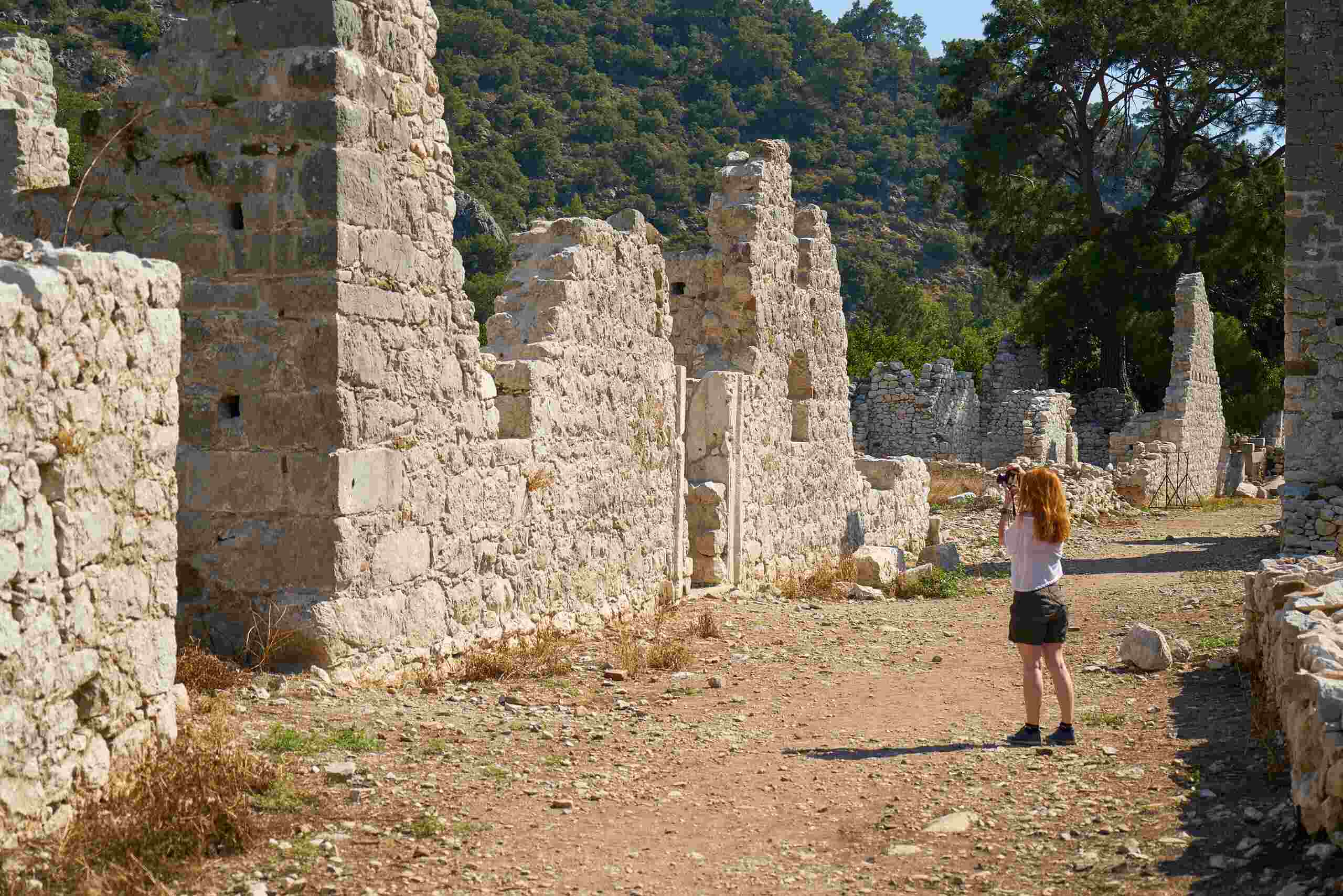Historical Tours in Albania
Albania, a hidden gem in the Balkans, has a rich history shaped by various civilizations. From ancient Illyrians to Ottoman rulers, each has left its mark. Today, this diverse heritage is reflected in archaeological sites, medieval towns, and unique architecture. Therefore, historical tours in Albania invite travelers to explore landmarks that reveal the nation’s fascinating past.
Ancient Heritage
One highlight is the ancient city of Butrint, which is a UNESCO World Heritage site. Founded in the 8th century BC, Butrint blends Greek, Roman, Byzantine, and Venetian influences. As visitors wander through the well-preserved ruins, they can see the theater, basilica, and ancient city walls, all within a stunning natural landscape.
In addition to Butrint, another significant site is Apollonia, known for its impressive ruins and artifacts. Founded in the 6th century BC, it served as a vital center of learning and culture. The remains of the Temple of Apollo and the ancient agora offer a glimpse into the city’s glorious past. Historical Tours Albania
Ottoman Influence
Moreover, the Ottoman period greatly influenced Albania’s cultural landscape. Cities like Berat and Gjirokastër, both UNESCO World Heritage sites, showcase well-preserved Ottoman architecture. This style features stone houses with distinctive wooden balconies.
For instance, Berat, known as the “City of a Thousand Windows,” is famous for its historic castle and Ethnographic Museum. Meanwhile, Gjirokastër, the birthplace of writer Ismail Kadare, boasts a stone fortress and charming cobbled streets. Consequently, guided tours in these cities reveal the Ottoman way of life and the lasting cultural influences.
Historical Cities and Towns Historical Tours in Albania
In addition to these sites, the capital city, Tirana, also has a rich history worth exploring. Visitors can tour the National History Museum, which offers a comprehensive overview of Albania’s past. Notably, Skanderbeg Square, named after the national hero, serves as a focal point and showcases a blend of old and new architecture.
Furthermore, the coastal city of Vlora is significant for being the site where Albania declared independence in 1912. The Independence Museum, housed in Ismail Qemali’s former palace, provides insights into this pivotal moment.
Cultural Experiences Historical Tours in Albania
Ultimately, historical tours in Albania go beyond mere site exploration. They also offer immersive cultural experiences. For example, visitors can take traditional cooking classes to learn local dishes like byrek and tavë kosi. Additionally, local festivals often celebrate historical events and cultural heritage, creating a vibrant atmosphere filled with music, dance, and crafts.
By engaging in these activities, travelers can gain a deeper appreciation for Albania’s rich history and cultural diversity.

